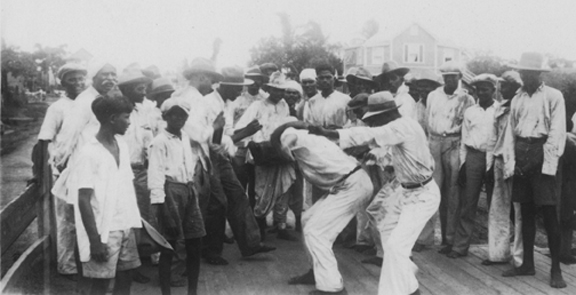By Basdeo Mangru
The abolition of slavery in1834, and the premature termination of apprenticeship four years later, created considerable concern among the planting interests regarding the reliability and regularity of the Creole workforce. Cognizant of large areas of unoccupied lands on the Guianese littoral, they feared that labour would abandon the plantations and adopt the wandering life of the Amerindians. Such a movement could result in both “industrial and personal collapse.”
Accordingly, some planters adopted strategies both to anchor workers on their estates and to continue sugar production. They reduced wages, increased the price of land, prevented squatting on Crown Lands, withdrew customary food allowances, cut down fruit trees and prohibited hunting and fishing. Some introduced new technology to obviate their

